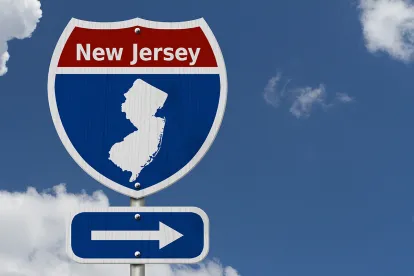On September 14, 2020, New Jersey Governor Phil Murphy signed into law Senate Bill 2380 (S2380), dramatically expanding access to workers’ compensation benefits for workers infected with COVID-19.
Retroactive to March 9, 2020, COVID-19-positive workers in New Jersey who qualify as “essential employees” are now entitled to a rebuttable presumption that the employee’s infection is causally related to the employee’s employment, so long as the infected individuals worked somewhere other than their own residence at the time of infection.
This new law provides for a broad definition of “essential employees,” including not only employees in the public safety, health care, transportation, hospitality and retail industries but also any other employee defined as an “essential employee” in a state of emergency declaration. Employers and Workers’ Compensation carriers faced with claims for COVID-19 workers’ compensation benefits pursuant to this new law can attempt to rebut this presumption by demonstrating, on a preponderance of the evidence basis, that the worker was not exposed to the disease while working in the place of employment.
Claims paid pursuant to this bill would be excluded from consideration in calculating a given employer’s Experience Modification Factor, thereby negating any direct impact on that employer’s workers’ compensation premium.
The enactment of this legislation significantly upends the handling of infectious disease claims in New Jersey’s workers’ compensation system. The rebuttable nature of the presumption of causation is largely illusory in that it requires an employer to prove a negative, i.e., that the employee was not exposed at work, particularly given the evolving understanding of the relative rate of infections arising from asymptomatic or pre-symptomatic carriers of this disease, as well as the unfortunate ubiquity of the disease among the public at large.
Moreover, attempting to rebut that presumption potentially raises significant privacy issues, including reliance on the protected health information of co-workers. Although premium increases are not permitted to be correlated directly to a given employer based on that employer’s sick workers, it is highly likely that premiums will ultimately rise across the board given the scope of newly compensable benefits contemplated by this new law.



 />i
/>i

